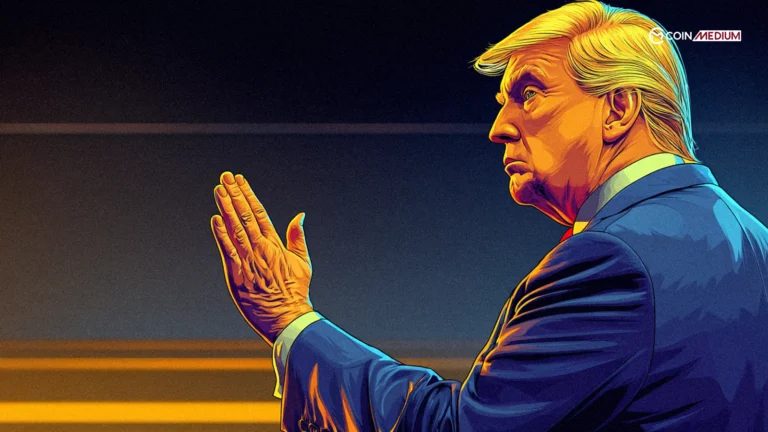Texas is now the first state in the U.S. to create its own Bitcoin reserve using public money. Governor Greg Abbott signed a new law called Senate Bill 21 over the weekend to make it official.
While other states like Arizona and New Hampshire have passed similar laws, Texas went a step further by actually setting up the reserve and giving it $10 million in funding.
This move shows that Texas is serious about being part of the future of finance.
Texas Sets Its Own Crypto Path
Senate Bill 21 says that Texas must create a Bitcoin reserve that is kept separate from the state’s main money fund. This idea is similar to what other states are starting to explore with digital assets.
The $10 million funding for the Bitcoin reserve comes a few months after the Trump administration announced plans to set up a national crypto reserve. But the national plan would be funded in a different way, by using money from seized crypto or by selling crypto bonds, without impacting the regular budget.
Governor Abbott also signed another law, House Bill 4488, which protects Texas’s Bitcoin reserve from being moved into the state’s general money fund, something that normally happens with extra funds.
Public and Private Sectors Join the Bitcoin Treasury Trend
Texas doesn’t have to buy Bitcoin directly to grow its reserve. The fund can also grow through things like Bitcoin forks, airdrops, profits from investments, or even donations from the public. Every two years, the state will release a public report showing how much Bitcoin it owns and how well the reserve is doing.
At the same time, more public companies are starting to follow the same idea. Inspired by Michael Saylor, many are now buying Bitcoin to hold as part of their company funds.
For example, on Friday, June 20, David Bailey, who advises U.S. President Donald Trump on crypto, raised $51.5 million for his company, Nakamoto Holdings. The funds are intended for purchasing additional Bitcoin through a particular form of private investment agreement.
The establishment of a government-operated Bitcoin reserve by Texas is a significant development in the way digital currencies are regarded by the governments and the financial institutions. As the public and private sectors slowly come to see Bitcoin as a value retention medium with a long horizon, the distinction between traditional finance and crypto is still disappearing. However, it is undoubted that Bitcoin has gone beyond merely being a tool for technology startups and cryptocurrency exchanges. It is now part of the public finance realm.







